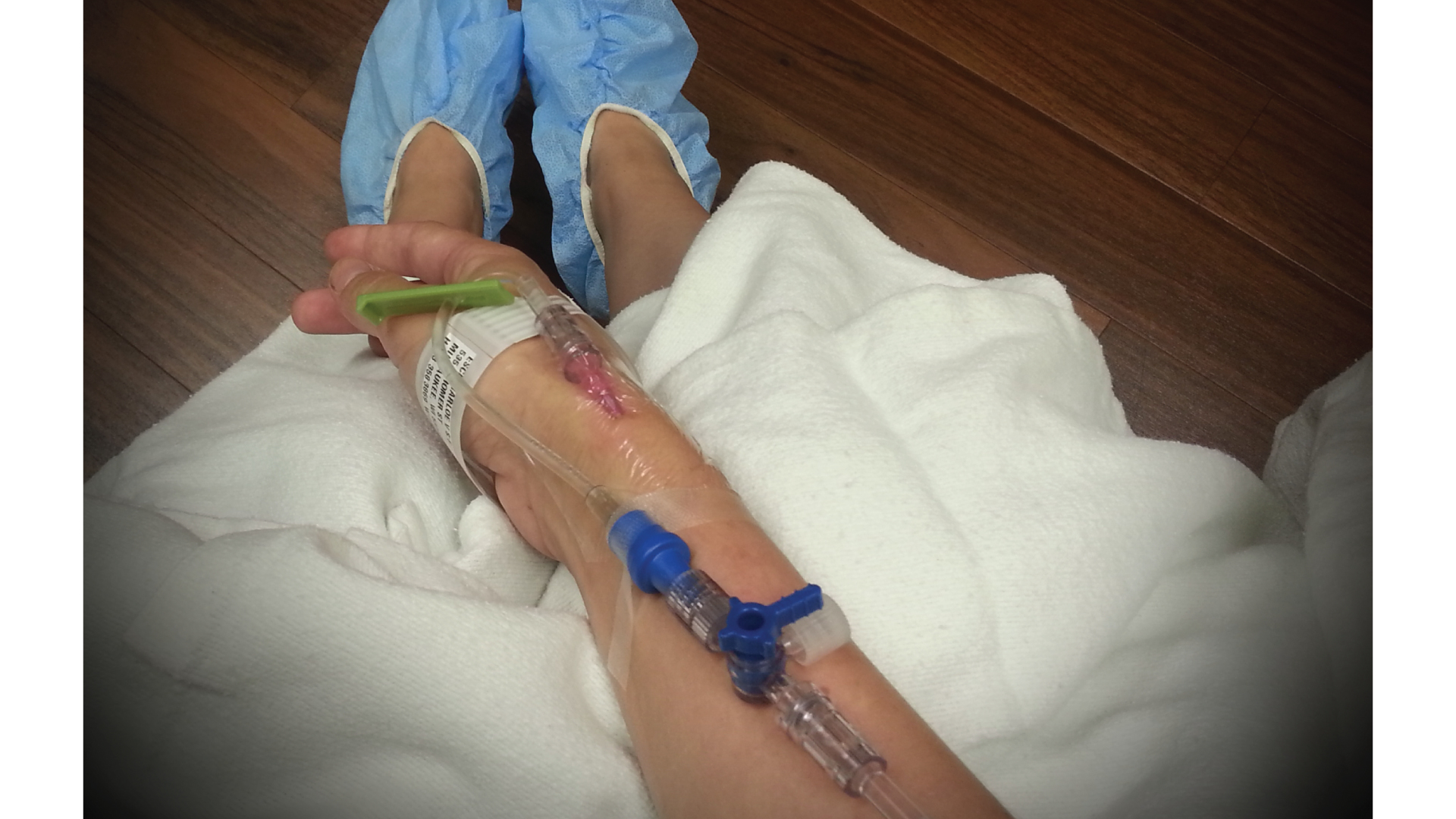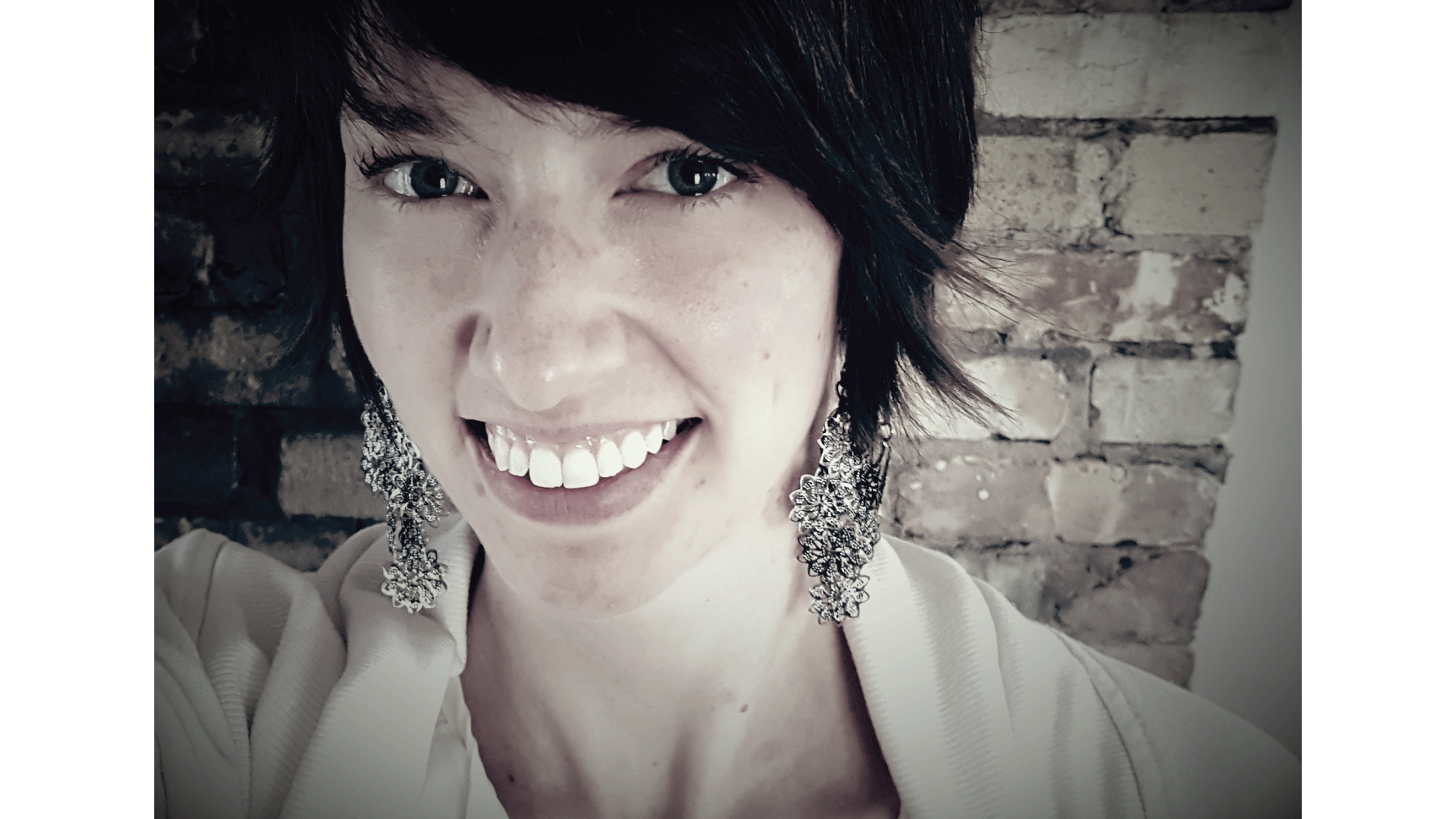You terrify me, she says, tucking an otoscope into my ear canal so that she can see the pink of my healthy drum and it’s vesseled lining. The last time I saw her I had a lump in my boob that turned out to be cancer, and today I am back for a routine follow-up after months of treatments.
She sucks in her breath, disapproving, when she learns that I never went to the dermatologist for the skin assessment she’d recommended. I was a little busy, I say, having cancer. She seems to shrug a little, deflecting my sarcasm, and moves on to wondering whether or not I’ve made a decision regarding nipple reconstruction. I haven’t.
She tells me there will be no Pap smear today; she’ll leave that to a gynecologist. This is probably due to the fact that I am a terrifying cancer bomb, ready to explode malignant cells all over the plastic exam table if poked in the wrong spot. But since we are on the topic of lady parts, I bring up my oncologist’s recommendation to shut down my ovaries. I say that I am dragging my feet because I am just not ready to feel like I’m 50, with hot flashes and joint pain and weight gain and a menopause mustache. Not to mention the increased risk of cardiovascular disease and bone health issues. My mom had a heart attack, and I don’t drink milk, so these are Very Real Concerns. Doesn’t she know that I have fifty more good years left in me at least, and I’d like some of them to be with estrogen?
I lie back and I tell her all of this as she palpates my abdomen. She presses her fingers down and in, alternating pressure to her palms, like a cat kneading its nest, back and forth and back again. We can do something about those things, she insists, unconvincing. But I know what she is trying to say. She means that if the cancer comes back, it will be in bone or brain or lung or liver. If it comes back, the fifty years I see before me will be fiction. There will be nothing we can do.
I know.
I know this.
And then she says, this is a really big deal. As if I don’t understand that cancer is a really big deal. As if all that I’ve gone through up to this point, it needs to be emphasized, was a really big deal. As if I had forgotten.
You terrify me, she says again, snapping off her gloves into the trash. I watch as she sits at the computer, her fingertips pelting the keyboard with the force of a hailstorm, ordering up a platter of consults to more specialists that I can wait for and undress for and be palpated by; people who will probably also feel the need to inform me that I’m terrifying. I wonder if this word has made it into my medical chart – a warning for anyone called upon to help me make it through this alive. I wonder if Terrifying is a drop-down option for the Problem List, today’s Visiting Diagnosis, a box to check as part of the billing process they send to my insurance, requesting reimbursement.
I wonder if I am destined to carry the weight of this word with me for all the days I have left – an unfortunate ailment for which there is no cure.




